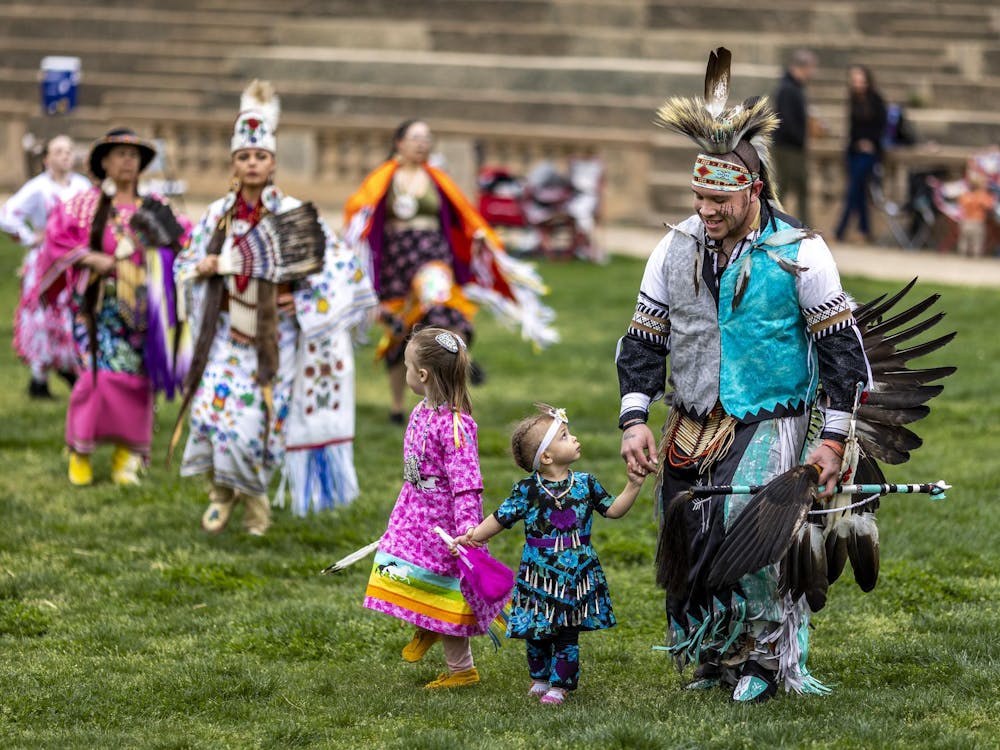On Halloween, one of my best friends was drugged at a party at a fraternity’s satellite house. She told me about it the next day after a morning visit to Student Health, feeling scared, confused and alone. I did my best to comfort her, knowing there wasn’t much I could do to alleviate her pain. She was extremely fortunate in that the man or men who did this to her did not assault her, and her friends took care of her all night. I spoke with the president of the fraternity in question and Assistant Dean of Students Michael Citro and received satisfactory responses that were apologetic and assured me that the Inter-Fraternity Council would work to increase their efforts to educate members about the reprehensibility of such actions.
But it is not enough. Educational programs that repeat the same information are not enough. The reform of the sexual assault policy is not enough. Going to Student Health is not enough, especially when they tell you there is nothing they can do aside from examining you for signs of sexual assault, which is what they told my friend. Nothing is going to stop this pernicious, vile behavior until we hold our friends accountable and refuse to tolerate this abuse to our community of trust.
To be clear, you do not have to be in a fraternity to have an inherent disrespect for others. I am a member of a sorority, and I truly believe in the benefits of Greek life. Greek life, even at its worst, does not encourage wanton disregard for humanity. I have no explanation for the origin of the personality traits that cause someone to have a desire to drug another person or cause bodily harm.
But I do know why this behavior persists at the University despite our best efforts to stop it. As a community, we fail at holding these bad apples accountable.
At one of the nation’s most prestigious institutions, there is no mandatory training for all personnel, including students, regarding sexual assault and misconduct. Nor is there training that addresses prevention. Procedures for reporting and prosecuting an incident are unclear and ambiguous. And most importantly, at one of the only universities in the nation where your fellow students can expel you for lying to a professor or stealing a mug from the bookstore, the same students who have pledged to uphold the community of trust do not hold perpetrators of these crimes responsible for their actions.
It will not matter how many vigils, rallies or seminars we have for those who are affected by sexual violence if we do not put pressure on those who commit these crimes. It is imperative that we do more to hold these offenders accountable for their actions.
I know that victims are frequently unwilling or unable to prosecute their attackers in court. Nevertheless, there are other ways to create change. If you know of someone who has violated the community of trust by taking advantage of another student, do not remain silent. Speak up. Tell your friends. A person who violates the community of trust in this insidious manner does not deserve its benefits or protection.
At my convocation, a speaker told us to take a good look at our classmates, because they are our brothers and sisters and we have a duty to protect each other. The speaker was right, and as long as people in our community continue to choose to hurt others, we are forgetting his message. I fully recognize that in a group as large as ours, there will inevitably be the few who refuse to adhere to an ideal as basic as respect. At the same time, I fully believe the University can work to better the community through mandatory trainings, more transparency and a willingness to hold each other responsible for his or her actions. Do not let the community of trust be degraded by the actions of a select group.




